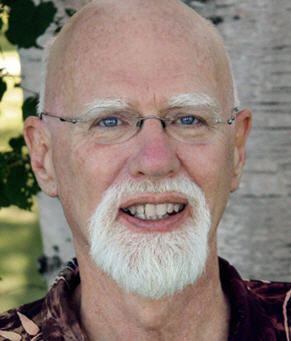To practice saying no, you may want to start with matters of small consequence and work up to the bigger ones. Here are a variety of approaches:
- Practice on yourself. Stand in front of a mirror and practice saying no in a variety of ways. Experiment with different phrases that feel natural to you: "No thank you, but thanks for asking." "Doing that would require more [time, work, money] than I’m willing to spend right now." "I’ve decided to cut back on my outside commitments in order to put more time into my [home life, schoolwork, relationship with my spouse]."
- Write out, in simple sentences, the clear no message that you may be afraid to deliver. Use this script when you need to call someone to say no or practice it before meeting someone in person. For example: "I know that you need help on this project, and it was great to work on it with you last year, but I have other priorities at this time that require my attention, so I will be unable to assist you. Good luck in getting the volunteers you need, and please call me again for next year." Avoid apologizing. Practice your script until it sounds natural to you. The more often you speak in ways that are genuinely congruent with your own thoughts and feelings, the easier it will become.
- Examine the ways in which you currently spend your time and energy, including your diet and exercise programs. Determine which activities no longer support your wellbeing. Make a list of No Mores and post it where you will see it often. Check off one or two items you could most easily drop, and plan to get at them right away. Think back to the last time you wanted to say no but didn’t. Recall, with as much detail as you can, your feelings about that situation. Forgive yourself for your lack of honesty, if that was the case. Decide whether you want to, if you can, remedy that situation by saying no now. In any case, reaffirm your intention to say no—as appropriate—in the future.
- Reflect on the following integrity statements. Such statements form the context for saying yes and saying no in a way that honors yourself and others. Which of these statements are appealing to you? Which would you like to commit to? Which would you like to discuss with others? Write in your journal about the implications of each statement.
- I am willing to be more responsible for my own
life in thought, speech, and action.
- I want to support others (in a manner that is kind,
generous, and compassionate) in being more
responsible for themselves.
- I wish to value interdependence in my life (we’re all
here together, humans and other creatures) and to live
in harmony with that realization.
- I wish to honestly acknowledge both mistakes and
successes, in myself and others, without judgment or
overindulgence.
- I am willing to honor and respect my whole being: my
body, my mind, my emotions, and my spirit.
- I want to remain open to feedback and flexible in my
dealings with the environment, with myself, and with
others.
- I value my word as a sacred pledge, to myself and to others, and wish to be more trustworthy and dependable, in small matters as well as in large ones.
|
You work that you may keep pace with the earth and the soul of the earth.
- Kahlil Gibran
|
| John W. Travis, MD, MPH, is the creator of the Wellness Inventory and its parent, the Wellness Index. He is the founder and co-director of ...more |  |
|
|
Popular Related Articles/Areas
Popular & Related Products
Popular & Featured Events
Dimensions of Wellness
|
|